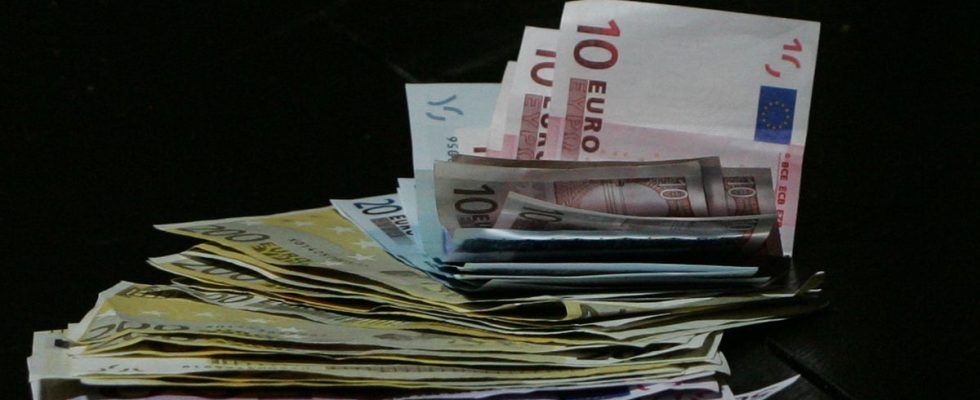Those who have traveled to Germany or Austria have already experienced this: in these countries, cash payments are still very common. No ceiling on the amount was even authorized until then, unlike in France, where it must not exceed 1,500 euros. Or prove your payments in writing.
The European Parliament and member states put an end to these disparities on Thursday, after two and a half years of negotiations. From now on, it will no longer be possible to exceed 10,000 euros when paying in cash.
This new provision should make it possible to detect and limit doubtful transactions. This agreement “will ensure that fraudsters, organized crime and terrorists will no longer have the opportunity to legitimize their profits through the financial system,” said Belgian Finance Minister Vincent Van Peteghem, whose country has ensured for six month the rotating presidency of the Council of the EU.
The new legislation also harmonizes and tightens the rules against money laundering and terrorist financing imposed in particular on banks, real estate agencies and casinos. These entities will need to be able to identify their customers or the asset owners behind opaque financial arrangements.
An agency created against money laundering
The application of these rules will be extended to the crypto-asset sector in order to guarantee traceability there too. They will also concern the trade in luxury products such as precious metals, jewelry, watches, as well as that of very high-end cars, private jets or yachts.
The European Parliament and member states had already approved in December the creation of a European Union agency against money laundering and terrorist financing. The future headquarters of this organization is coveted by several countries, including France and Germany. The new agency, designated by its English acronym AMLA (“Anti-money laundering authority”), will be responsible in particular for supervising and coordinating national authorities in order to better detect and combat questionable cross-border activities.

